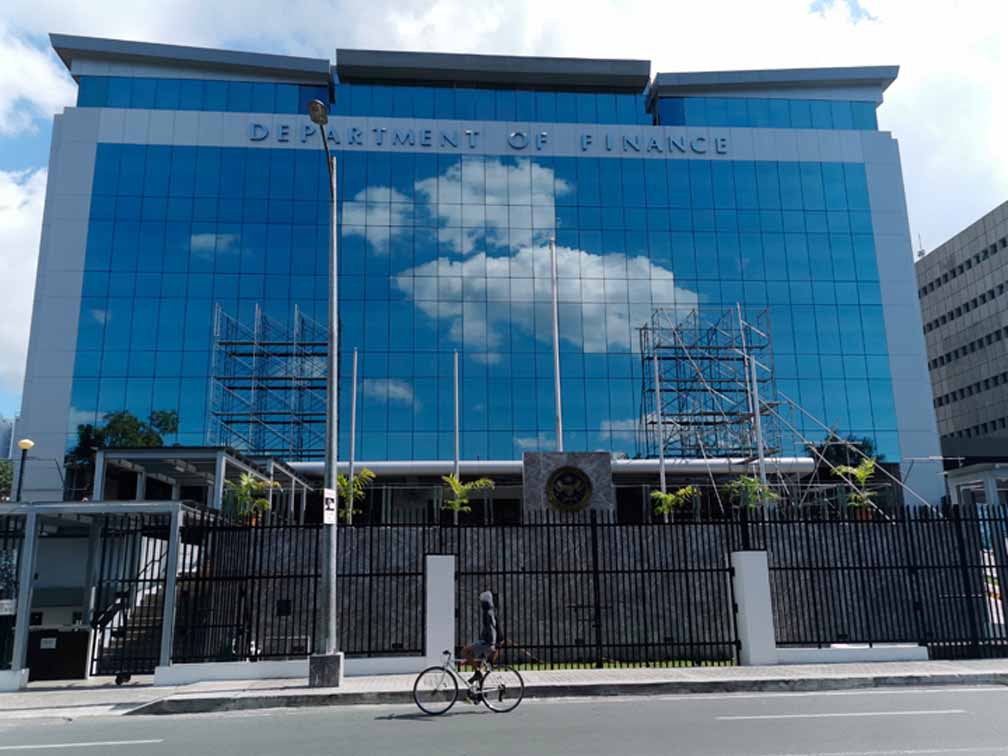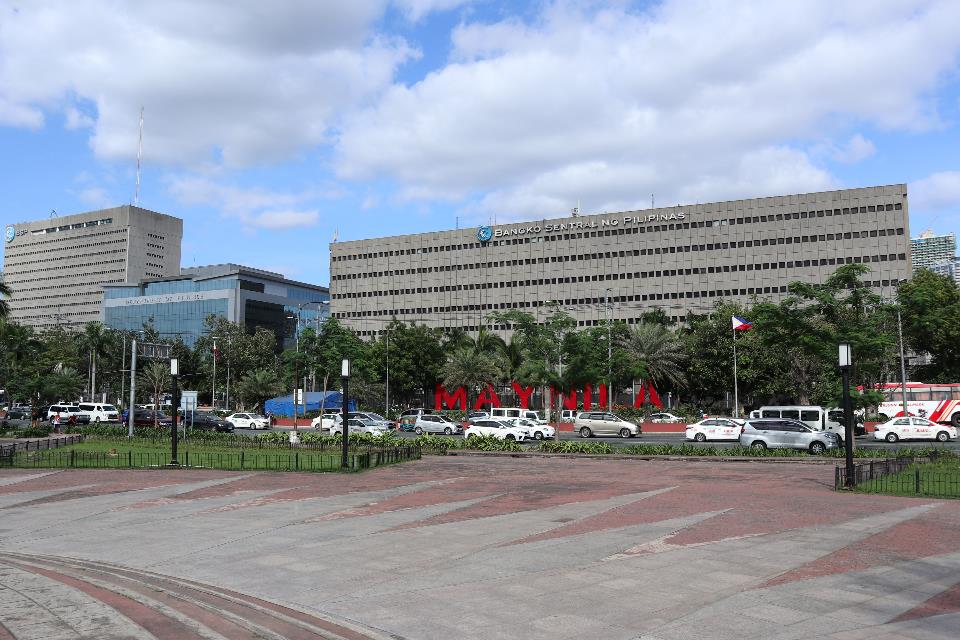GIVEN the negative impact that the election ban may have on the economy in the first semester, it may be time to reconsider the policy that prevents the current administration from implementing infrastructure projects for 45 days before an election, according to local economists.
Action for Economic Reforms (AER) Coordinator Filomeno S. Sta. Ana III told the BusinessMirror that the ban, particularly on national infrastructure projects, was “unwise” and “inefficient” given that there has never been any proof that this policy solely allowed incumbents to win an election.
University of Asia and the Pacific (UA&P) School of Economics Dean Cid Terosa agreed and said the policy could be “revisited and reassessed” given its impact on the economy during an election year.
“My view is that the infrastructure ban, especially for national infrastructure projects, during the election period is unwise policy. Inefficient in the first place. First, show the evidence that infra project spending helps incumbents win. If we stretch that logic, shouldn’t we ban social development spending as well like spending for health, education, etc.? The reality, like it or not, is incumbents have the advantage, and a ban on infra spending will not change that reality,” Sta. Ana explained.
However, National Economic and Development Authority (Neda) Undersecretary Rosemarie G. Edillon told this newspaper that the move is not being discussed by the agency at this time, despite recognizing the dampening effect the ban will have on the economy in the first semester.
The Neda said the administration is still in the process of coordinating with agencies with regard to the requirements of the Commission on Elections (Comelec) to put over 1,000 infrastructure projects in an exception list from the ban.
The 45-day ban, which began on March 29 and will last until May 12, halted key infrastructure projects. The President’s economic team sought for an exception for 145 projects submitted for the 2019 General Appropriations Bill; the 603 from the Department of Public Works and Highways; and the 384 funded by official development assistance.
“It’s there for a reason. And in any case, there’s also such a thing as your election-related spending. But to what extent it will even out, these are things we don’t know yet. But that’s the good thing that is happening as well,” Edillon said. “Hopefully, other agencies will be able to catch up. Changing this policy is not yet on the table.”
Lower growth
OTHER economists expressed concern that the election ban as well as other concerns like the delay in the passage of the 2019 national budget would weigh down the economy in the first semester of the year.
Terosa said economic growth in the first and second quarters could be slightly lower than or be on a par with last year since election-related spending may offset the effect of lower spending on infrastructure. Data from the Philippine Statistics Authority (PSA) showed growth in the first quarter of 2018 was at 6.5 percent while second-quarter growth last year was at 6.2 percent.
The combined impact of the delay in the passage of the national budget and the elections will affect first-semester growth. First-semester growth, according to PSA data, averaged 6.35 percent or around 6.4 percent last year.
“The delayed budget approval will slow down GDP Q1 growth. Not so much infra ban, as Comelec [is] issuing exemptions. Negative factors for slowing GDP growth are interest rates higher this year than last year, falling exports and ballooning trade deficit, and El Niño. Elections will boost spending but negative factors will weigh on growth,” economist Calixto V. Chikiamco said.
Chikiamco believes, however, that the economy is poised for a recovery in the second semester of the year. Nonetheless, this is dependent on whether the Bangko Sentral ng Pilipinas (BSP) will lower interest rates.
He added that other factors that the government should be keeping its eye on are the “ballooning” trade and current-account deficits. The country’s total trade deficit reached $2.79 billion in February while the current-account deficit widened to $7.4 billion in 2018.
Earlier, this newspaper reported that the implementation of big-ticket infrastructure projects faced delays as the Comelec has asked for additional documents from economic managers before it decides on their request for exemption from the public works ban.
Economic managers earlier sought an exemption from the public works ban, which took effect on March 29, to minimize the adverse impact of a reenacted budget on GDP growth this year.
If this is not granted, the country’s economy would have to contend with the triple whammy of a reenacted budget, El Niño and the possible delay in the implementation of 1,132 public infrastructure projects.
Neda OIC and Undersecretary for Regional Development Adoracion M. Navarro told the BusinessMirror that the agency is coordinating with the Department of Finance (DOF) and the Department of Budget and Management (DBM).
Navarro also said implementing agencies have been asked to submit the additional documents required by the Comelec.































